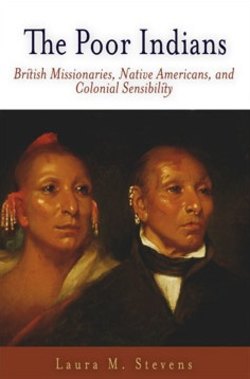Читать книгу The Poor Indians - Laura M. Stevens - Страница 10
На сайте Литреса книга снята с продажи.
ОглавлениеChapter 2
“I Have Received Your Christian and Very Loving Letter”: Epistolarity and Transatlantic Community
Early British missionary writings encompass an eclectic corpus of narratives, dictionaries, biographies, and journals, but one of the most prominent genres is the letter. The British hardly set precedent here, as the vast collection of letters making up The Jesuit Relations testifies. The earliest English effort at fund-raising for a mission in America was organized through letters from James I to the archbishops, and then from the archbishops to their church wardens, who raised money at the parish level.1 Most of the “Indian Tracts” describing work in New England are made up of letters between ministers on either side of the Atlantic, along with epistles to the reader, Parliament, and Cromwell. The SPG’s annual reports include abstracts of letters from missionaries, and from 1708 to 1718 this group also published a series of letters from one of its members to a friend in London.2 The SSPCK published some of its texts, such as A Genuine Letter from Mr. John Brainard [sic] (1752), in epistolary form. The Moravians’ first fund-raising publications, such as Latrobe’s Succinct View of the Missions Established Among the Heathen by the Church of the Brethren, or Unitas Fratrum (1771), were written, as the text’s subtitle notes, “In a Letter to a Friend.”
Letters, of course, were central to missionary operations, as the vast correspondence that fills the archives of both Catholic and Protestant missionary groups suggests. From requesting funds to reporting conversions, these documents provided channels for information exchange between organizations, their supporters, and their employees. But however unremarkable as choices for the discussion of missions, they also were uniquely suited to their fund-raising task because of their formal properties. The letter form also helped construct the community of feeling evoked by missionary writings.
